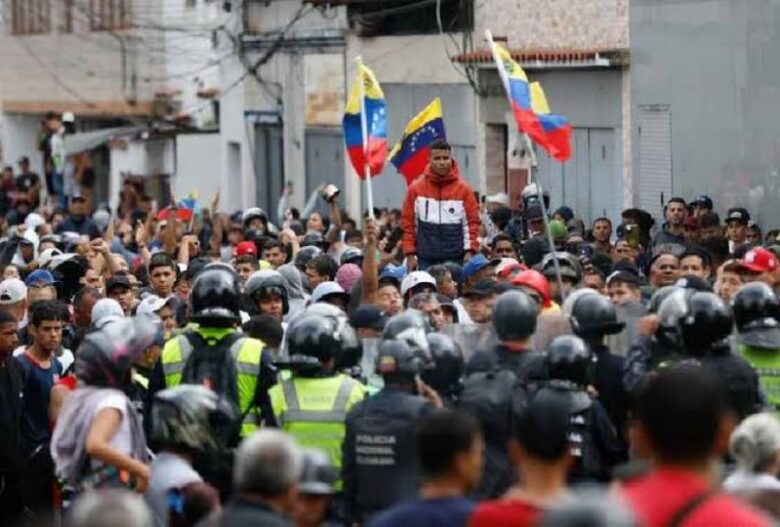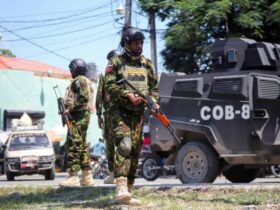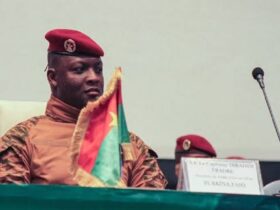The protesters were calling for Prime Minister Sheikh Hasina’s resignation, following earlier July demonstrations that started with student demands to end a government job quota system.
Those protests escalated into violence, resulting in over 200 deaths. In response, authorities have shut down schools and universities nationwide, restricted internet access, and imposed a shoot-on-sight curfew. Over 11,000 people have been arrested in recent weeks.
Demonstrators urged a “non-cooperation” campaign on Sunday, advising people to skip tax payments, utility bills, and work. Despite offices, banks, and factories being open, commuters in Dhaka and other cities faced difficulties.
Demonstrators targeted Bangabandhu Sheikh Mujib Medical University, putting several vehicles on fire.
In the Uttara neighbourhood, police used tear gas to clear crowds blocking a major highway.
The unrest included attacks on homes, vandalism of a community welfare office, and reports of crude bombs and gunfire.
In Munshiganj district close to Dhaka, hospital official Abu Hena reported that two individuals were proclaimed dead upon arrival due to their injuries.
Jamuna TV reported 21 additional deaths in 11 districts, including Bogura, Magura, Rangpur, and Sirajganj, where demonstrators clashed with police and activists from the ruling Awami League.
The prominent Bengali-language newspaper Prothom Alo confirmed at least 18 fatalities from Sunday’s violence, with further incidents continuing to emerge. Channel 24 also noted at least 21 deaths.
Bangladesh Students Urge Nationwide Civil Disobedience
On Sunday afternoon, users experienced interruptions in mobile internet service and issues accessing Facebook.
The demonstrations, which started last month, were initially triggered by students calling for the elimination of a quota system that allocated 30 percent of government jobs to families of veterans from Bangladesh’s 1971 independence war against Pakistan.
In response to the escalating violence, the country’s Supreme Court reduced the quota system to 5 percent, with 3 percent designated for veterans’ relatives.
Despite this adjustment, protests have persisted, with demonstrators demanding accountability for what they allege is the government’s use of disproportionate force.
The ruling also reduced quotas for ethnic minorities, disabled individuals, and transgender people from 26 percent to 2 percent.
The main opposition Bangladesh Nationalist Party and the now-banned right-wing Jamaat-e-Islami party, along with their student groups, have been accused by Hasina’s administration of inciting violence that resulted in the arson and vandalism of several state-owned properties.
Secretary-general of the main opposition party, Mirza Fakhrul Islam Alamgir, has reiterated demands for the government to resign to restore order.
On Saturday, Hasina offered to meet with student leaders, but a coordinator declined and issued a single demand for her resignation.
Hasina reiterated her commitment to thoroughly investigate the deaths and hold those responsible for the violence accountable, stating that she is open to talks and willing to meet with protesters at any time.
The demonstrations pose a significant challenge for Hasina, who has governed Bangladesh for over 15 years and secured a fourth consecutive term in January, following an election boycotted by her main opponents.









Got a Question?
Find us on Socials or Contact us and we’ll get back to you as soon as possible.